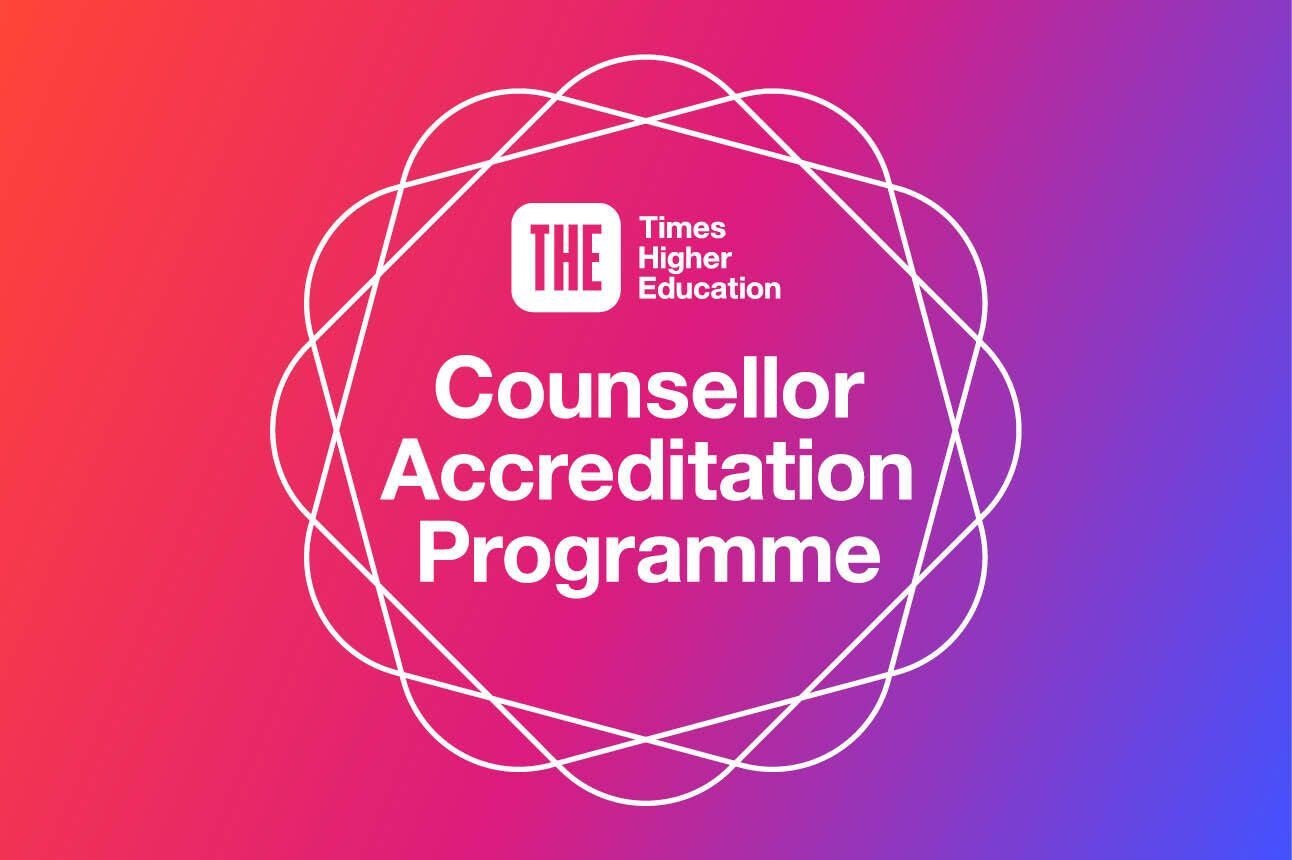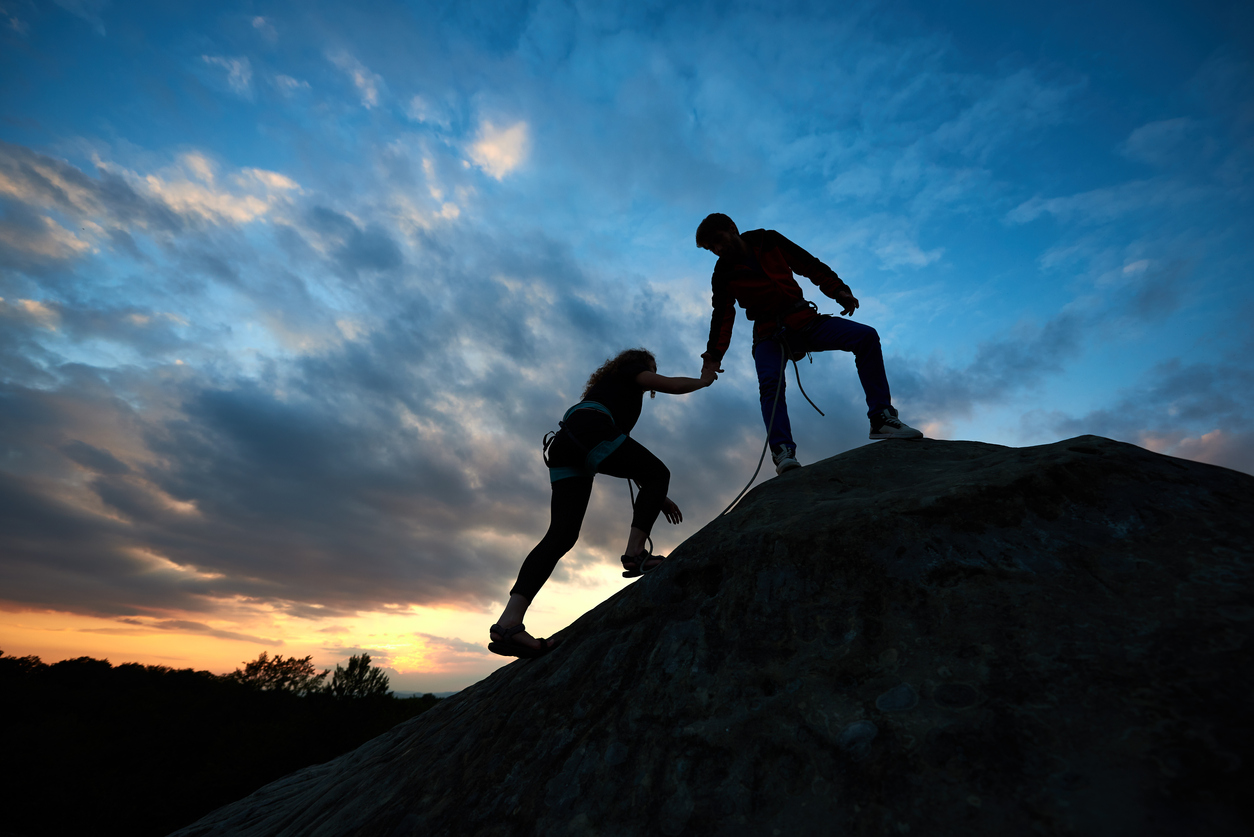Counsellor resource: Empowering the community for a cohesive goal
School counsellors can connect with the school and local community to ensure that all students reach their goal

The role of the college counsellor is uniquely placed at the heart of a wide range of networks, both within the school or college and beyond it. Through our work with students, we also serve and engage with a wide range of community networks – school staff, management, parents, alumni, universities, local businesses and more.
In order to achieve the best outcome for the student, and to ensure that the role of college counsellor is (somewhat!) manageable, it is crucial to engage with these networks to empower the very best outcomes.
In Year 1 of taking on this role, the main focus should be to ensure that those within your immediate school community, and those that interact with your students daily, understand the shared mission. Counselling is everyone’s role.
Students will have different relationships with different staff and will engage most commonly with those that they trust. If you can build a community within your school or college this will ensure that all staff not only understand your role, but also have enough information to advise or direct your students to you. This will allow each student access to meaningful and trustworthy advice. This may involve staff training, information sharing and creating a cohesive vision for your counselling plan.
In Year 2, the role may then develop to have larger student-facing activities within the school and college environment. By utilising the relationships forged in the first year, you may be able to organise community events such as university and careers fairs, workshops, parent coffee mornings and more. While you may organise these, the community that you have forged will allow you to draw on a wide range of skills and expertise to make these events meaningful and manageable.
In Year 3, you may look further beyond the realm of your college or school in order to incorporate real-world experiences. Relationships with local businesses and alumni in your community can be utilised to facilitate student internships.
Your community also includes your local and global universities, which may be able to arrange guest speakers or visits – virtually or in-person. Such experiences will allow students to make the best possible choices for their pathway, looking beyond choosing a college as a transactional occurrence.
While each school’s or college’s environment may take a slightly different form, there is a commonality around the end goal for staff, parents and local communities. By forging strong networks within these communities, you can empower the very best outcomes for your students and everyone that you serve.
This lesson plan was created collaboratively as part of the Level 2 CAP Assessment by:
Phillip Wenturine: Brewster Academy, Madrid
Jeff Neill: Graded – The American School of Sao Paulo, Brazil
Carmen Page: Raha International School, Abu Dhabi
Katie Leishear: Colegio Franklin Delano Roosevelt, Peru
Augusto Neto: St. Paul’s School – the British School of São Paulo, Brazil
Sarra Jenkins: Loughborough Grammar School, UK
Theresa Urist: The Aga Khan Academies/Aga Khan Schools, US
Rachael Pearson: Oakham School, UK
Erin Hawken: American International School of Budapest, Hungary




